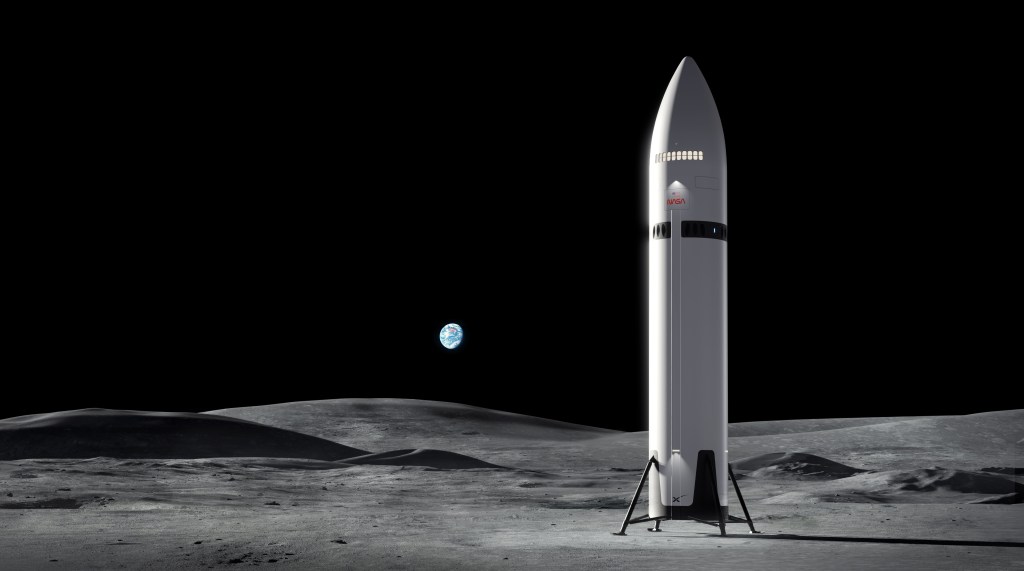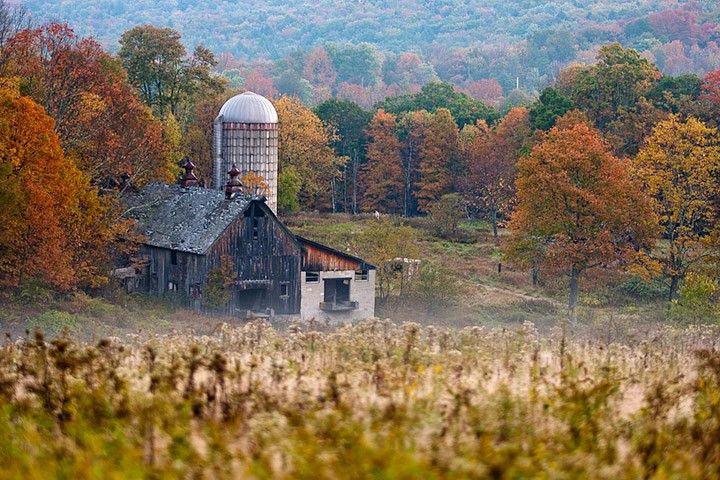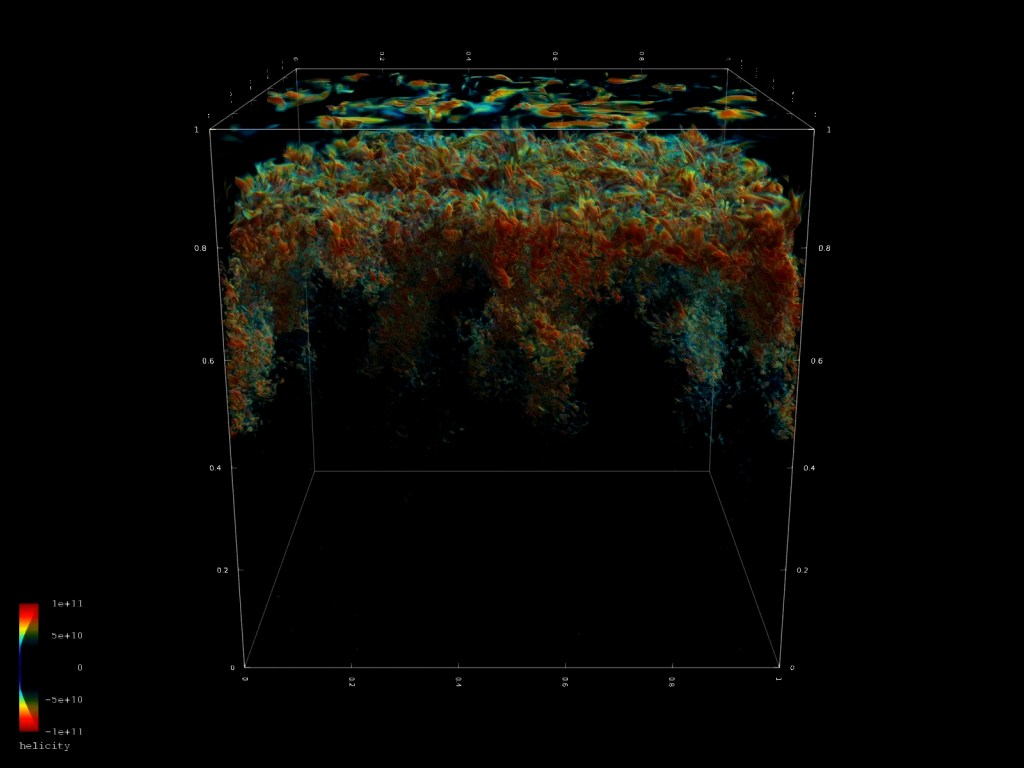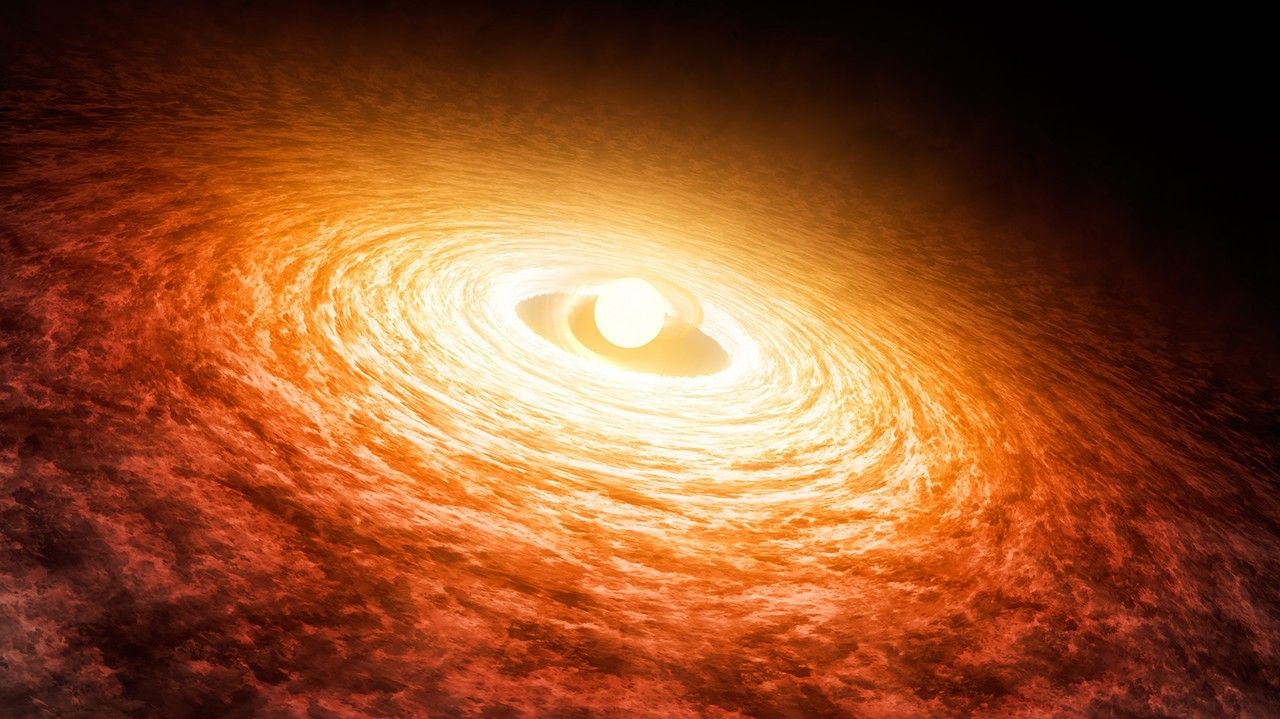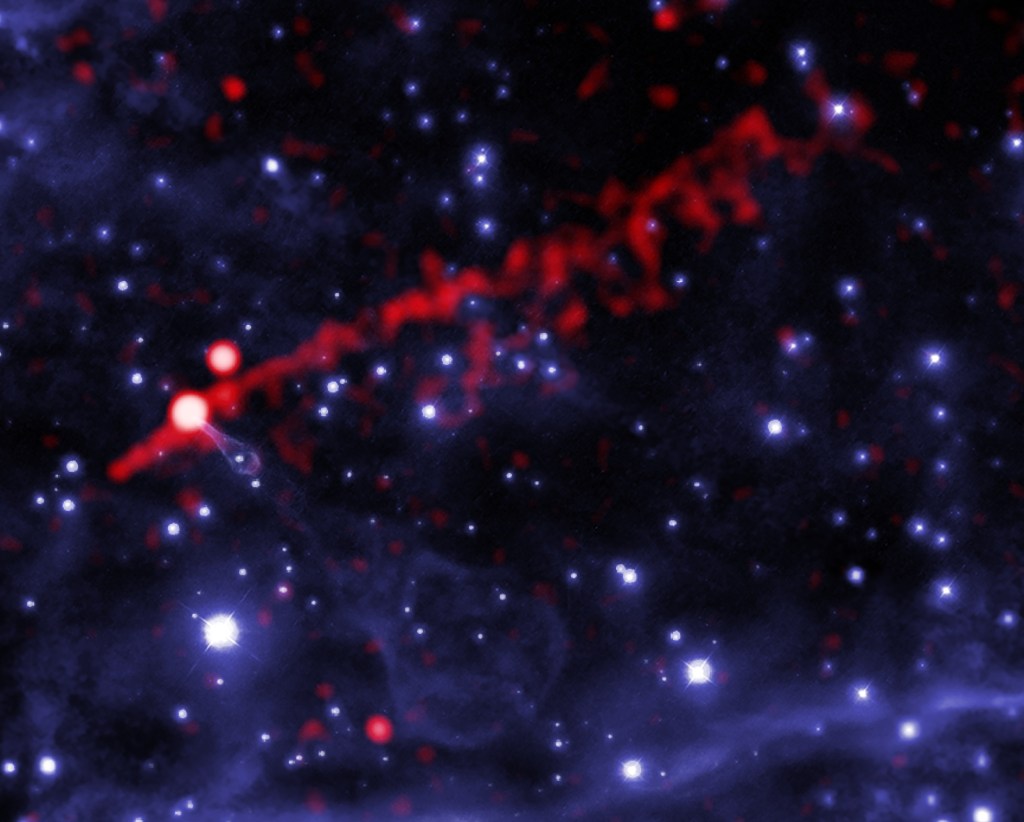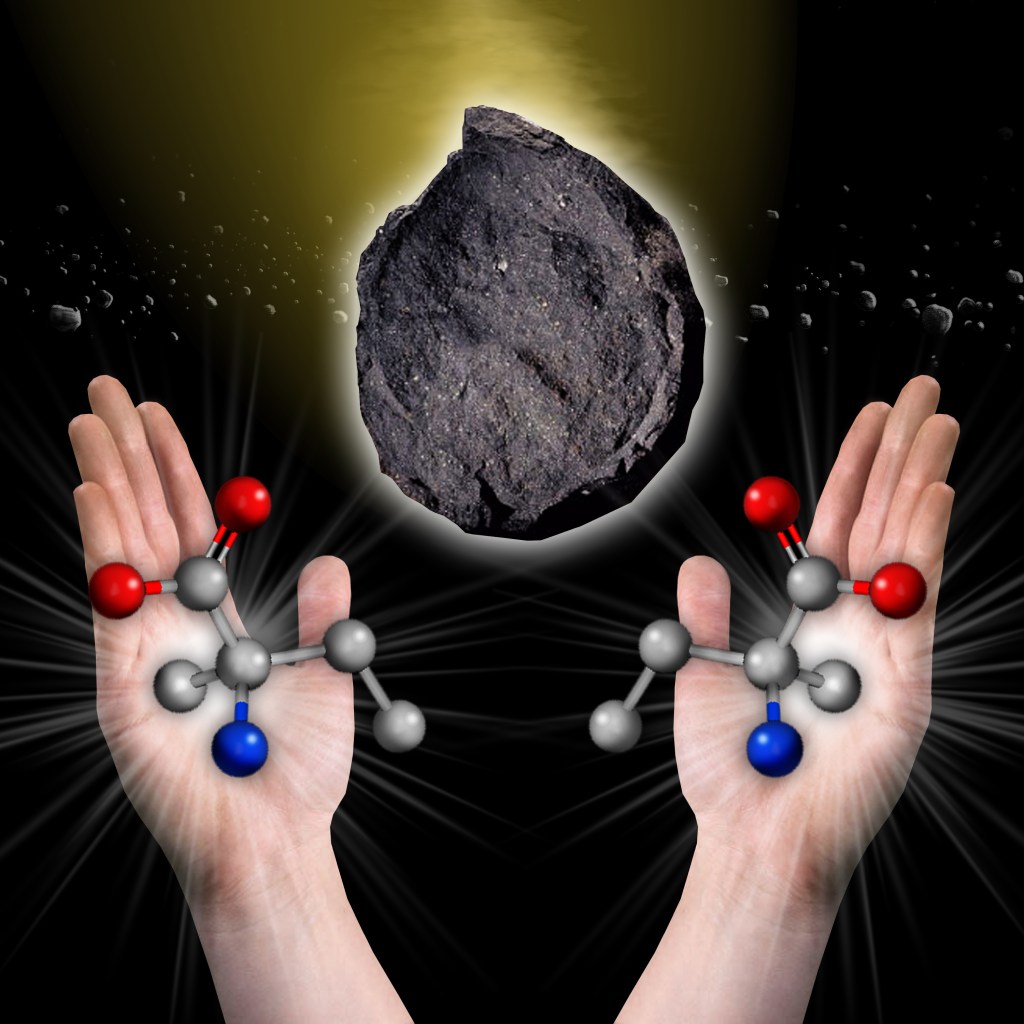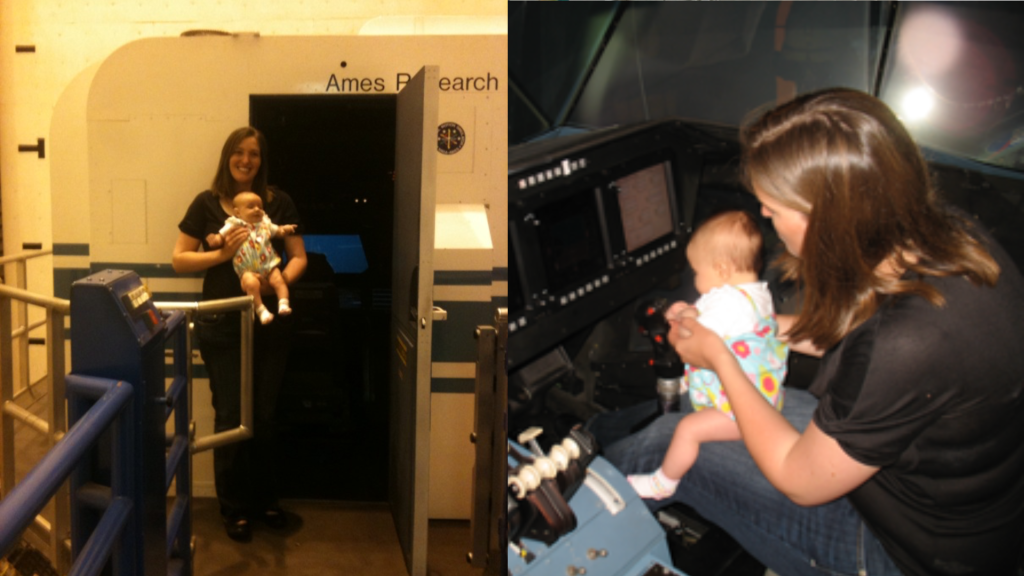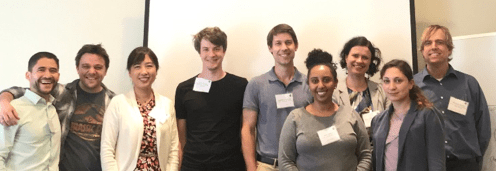- About the Analysis Working Groups
- Charter
- How to Join
- Current AWG Members
- AWG Forum
- AWG Annual Reports: 2018 2019
- AWG Workshops: 2018 2019 2021 2023
- AWG Symposia: 2022 2023 2024
AWG Workshop 2018
Analysis Working Groups Reach Consensus on Pipelines Needed to Generate Higher-order Data
The GeneLab Project hosted its first Analysis Working Group (AWG) workshop in Orlando, FL on April 23-24, 2018. Workshop participants comprised 65 of the 114 AWG members and included principal investigators, post-docs and students from three NASA centers, as well as from universities and institutes in the U.S. and internationally.
Members gathered for the two-day workshop to discuss and reach consensus on the analysis pipelines necessary to process raw data from the GeneLab Data Repository into higher-order data. The workshop also featured presentations by members on their analysis tools and platforms, and the results of analysis of GeneLab datasets.
Day 1:
Opening the workshop, GeneLab Project Manager Sylvain Costes presented the project’s vision, the AWGs’ efforts and accomplishments to date, and summarized recent publications from GeneLab. Following Costes, four AWG members presented their tools and platforms:
- TOAST (Test Of Arabidopsis Space Transcriptome) Database – Richard Barker, Ph.D., University of Wisconsin, Madison
- Integrative Genomics for Single Cells, Cities, and Space Stations – Cem Meydan, Ph.D., Weill Cornell Medical College
- Visualizing Multi-Omics Data for Biological Discovery – Katie Fisch, Ph.D,. University of California San Diego
- Toward Reproducible GeneLab Analyses with GenePattern Notebook – Ted Liefeld, Ph.D., University of California San Diego.
Day 2:
In the first session of the day, AWG members presented current data analysis efforts and results:
- From Molecules to the Eyes: Physical alterations of cell properties impacting astronauts’ health problems – Willian Abraham da Silveira, Ph.D., Medical University of South Carolina
- Differential gene expression of Arabidopsis seedlings grown in a continuum of gravity – Josh Vandenbrink, Ph.D., University of North Carolina at Greensboro
- Genomic approaches to investigate clinical and environmental microorganisms capable of impacting human health – Michael Strong, Ph.D., National Jewish Health & University of Colorado, Denver
- Using C. elegans to understand muscle adaptation to spaceflight – Nate Szewczyk, Ph.D., University of Nottingham
- Galaxy on GeneLab: A preliminary look at the effects of spaceflight on plant roots – Colin Kruse, Ph.D., Ohio University; Matthew Geniza, Ph.D., NASA Ames Research Center.
GeneLab’s Afshin Beheshti and Jonathan Galazka presented the tools and pipelines provided by each AWG and led a discussion to propose the concensus pipelines for generating higher-order data for genomic, transcriptomic, proteomic and metabolomic data types. Members provided feedback and reached consensus on the pipelines needed to generate higher-order data.
The workshop divided into breakout sessions for each of the four AWG groups. The groups discussed metadata requirements and data organization of the GeneLab data repository, expectations of the analysis and higher-order data to be processed by GeneLab, future visualization capabilities, and the upcoming integrated Galaxy analysis platform which will be released to the public in Fall 2018. Members also attended several special sessions focused on publications, maximizing scientific discovery using multiple model organisms, interactions between microbes and their hosts (plants and animals), and a tutorial of the integrated Galaxy analysis platform.
To close the workshop, each group presented their discussions and results from the breakout sessions. In summary, key accomplishments from the workshop included:
- Consensus on the pipelines to generate higher-order data
- Extensive input on visualization requirements and implementation strategies
- Input on metadata and data organization
- Requirement that all processed data and intermediate data products be made available
- Excitement about Galaxy as a working and teaching tool
- Appreciation for the AWG and meeting structure
- Collaborative work among AWG members and NASA centers
- Identification of new datasets to be added to the GeneLab repository.
GeneLab will continue working with AWG members to implement the new features discussed, improve on current data organization, process raw data into higher-order data, and continue developing the Galaxy Platform.






